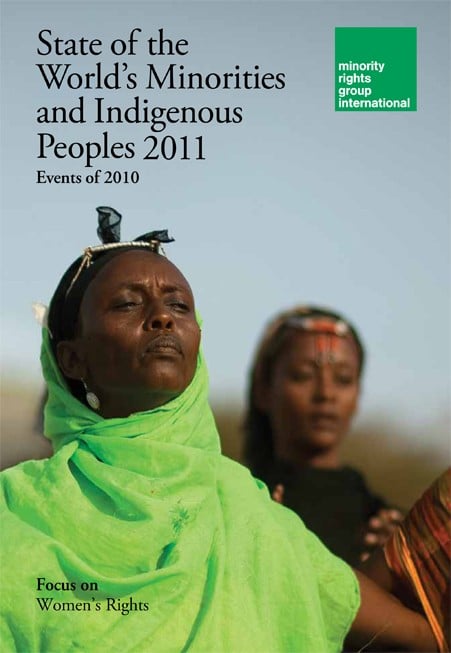
Learning Sustainable Participation: A toolkit on democratic structures and fundraising strategies for grassroots citizen organisations in Europe
This resource was produced by MRG’s partner(s) with MRG. It remains the property of the organization(s) in question and does not necessarily reflect the views of MRG.
There is an alarming rise in support for far-right parties and movements in Europe. They are generating xenophobic and racist sentiments against Muslims, Roma, Jews, migrants and refugees, and all those who are regarded as ‘different’. More worrying is that far-right movements are often very well embedded in societies. Instead of standing up unanimously to promote human rights, mainstream parties are shifting to the right to capture votes. In the current situation, it is becoming crucial all over Europe to strengthen and extend a strong network of citizen organizations which are grassroots, involve local people, and address local problems, but at the same time show a willingness to shape national policies in solidarity with minorities and people living in poverty. In this political climate, we need politically conscious organizations to promote the value of welcoming and inclusive communities and to build democracy from the bottom up by taking action and holding local and national decision-makers accountable.
Over almost the last two years, six organizations in six European countries have carried out concerted activities to increase their knowledge of how citizen organizations can build democratic structures in the framework of the European Commission’s Grundtvig Lifelong Learning Programme.
In this publication, we share eight examples of community engagement from the six project countries. There are examples of implementing community organizing, community development, or other forms of community intervention, as well as examples of grassroots fundraising. Some of them are encouraging in their victories, some of them are instructive in their challenges, and all of them are examples of community members taking action at a local level to make a change.
